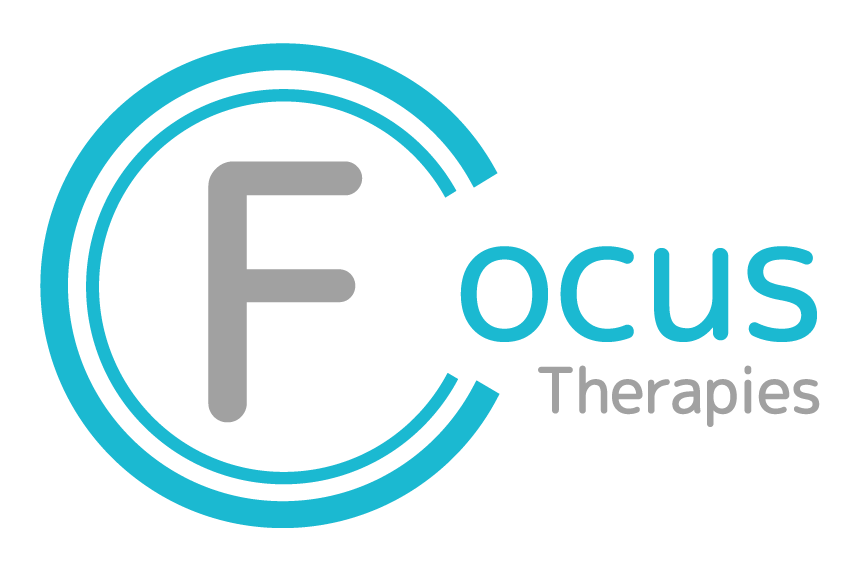Cognitive-behavioral therapy (CBT) is a powerful tool for helping children navigate life’s challenges. It’s like a mental map, guiding young minds to identify and challenge negative thought patterns. Imagine a child feeling anxious about school. CBT can help them understand that their worries might be exaggerated and replace them with more positive thoughts.
CBT is a journey of self-discovery, empowering children to build their own coping skills. From relaxation techniques to problem-solving strategies, CBT equips them with tools to face challenges head-on. It’s like planting seeds of resilience, nurturing their ability to bounce back from setbacks.
Techniques:
- Identifying Negative Thoughts: CBT helps children recognize unhelpful thoughts and beliefs.
- Challenging Negative Thoughts: Children learn to question these thoughts and replace them with more realistic ones.
- Developing Coping Skills: Relaxation techniques, problem-solving strategies, and assertiveness training are taught.
Outcomes:
- Improved Mood: CBT can help reduce anxiety and depression.
- Enhanced Coping Skills: Children learn to manage stress and challenges effectively.
- Boosted Self-Esteem: A positive outlook and increased confidence can result.
- Improved Relationships: Better communication and problem-solving skills can lead to stronger connections.
How CBT Helps:
By understanding the link between thoughts, feelings, and behaviors, children can learn to steer their emotional ship in a more positive direction. CBT is a beacon of hope, illuminating the path to a brighter future.
Why not book a consultation and a session where we can explore how CBT can work?

